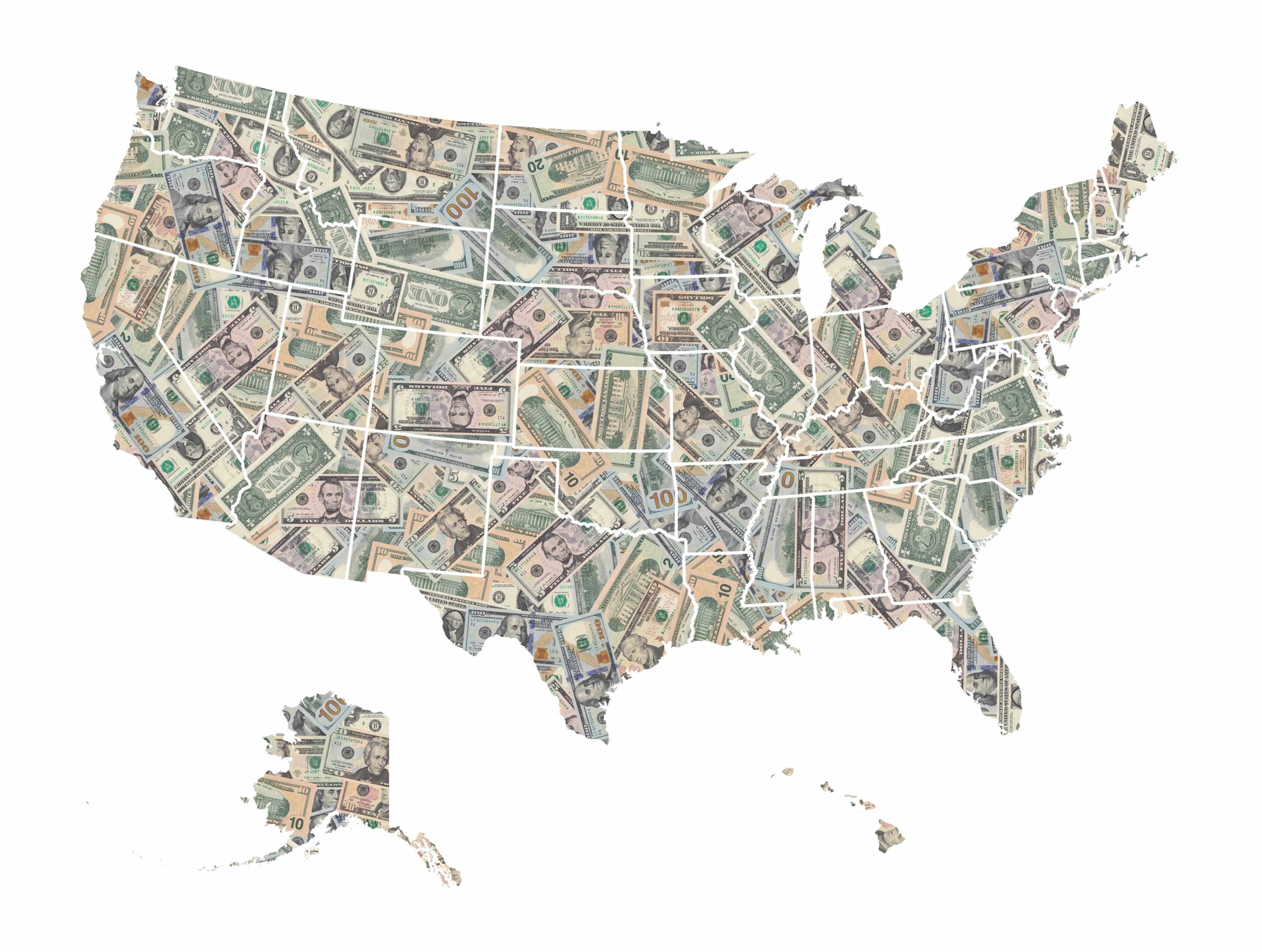
IRS Guidance Clarifies Tax Impact of Special State Payments
Taxpayers who received disaster relief and other special payments during 2022 now have clarity from the Internal Revenue Service (IRS), issued in a recent press release, regarding the federal income taxation of these special payments made by 21 states. Taxpayers in many states will not need to report these payments on their 2022 tax returns.
General Welfare and Disaster Relief Payments
If a payment is made for the promotion of the general welfare or as a disaster relief payment, for example related to the COVID-19 pandemic, it may be excludable from income for federal tax purposes under the General Welfare Doctrine or as a qualified disaster relief payment. Given the list of specific state payments for which this applies does not have consistent terms and nomenclature, the IRS is not closely scrutinizing the eligible payments. Therefore, payments from the following states fall in this category and will not be challenged by the IRS as excludable for federal income tax purposes in 2022:
- Alaska (only for supplemental Energy Relief Payment)
- California
- Colorado
- Connecticut
- Delaware
- Florida
- Hawaii
- Idaho
- Illinois
- Indiana
- Maine
- New Jersey
- New Mexico
- New York
- Oregon
- Pennsylvania
- Rhode Island
State Tax Refunds
In Georgia, Massachusetts, South Carolina and Virginia, special 2022 payments will be excluded from federal income taxes, except for filers who itemize their tax deductions and claim the state and local tax deduction up to $10,000, according to the IRS.To determine if you qualify for the exclusion of these special payments or how it impacts your 2022 tax return, contact Doeren Mayhew’s tax advisors today.


